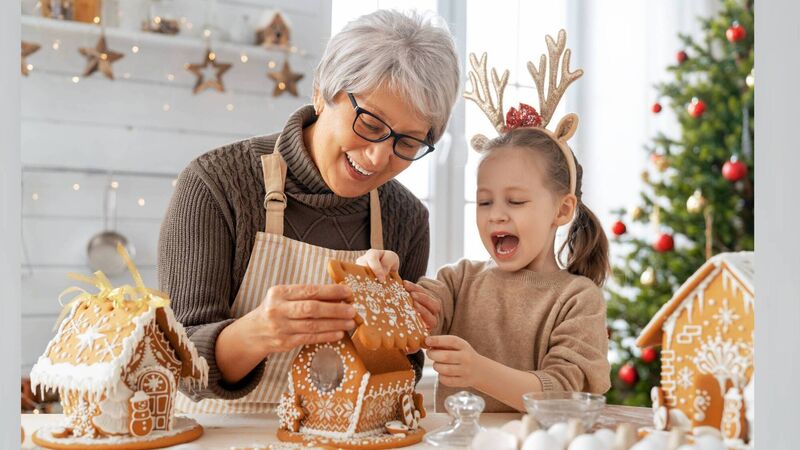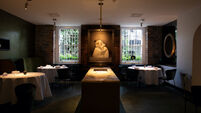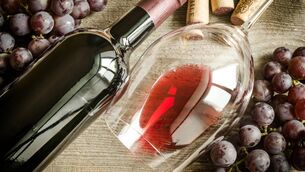Food for thought this Christmas

Have a positive environmental impact this Christmas by shopping local for the ingredients that go into your festive meal.
‘Sustainable’ is not a word traditionally associated with Christmas — in the way that ‘merry’ or ‘jingle’ might be. For sure, it has a sobering quality. But then, so did Antonio Guterres’s ‘chronicle of climate chaos’ reference, at COP27.
That aside, the word tends to be more hope-inducing than limiting. More Fezziwig than Scrooge, if you like. And when it comes to the Christmas dinner, we wouldn’t have it any other way.





